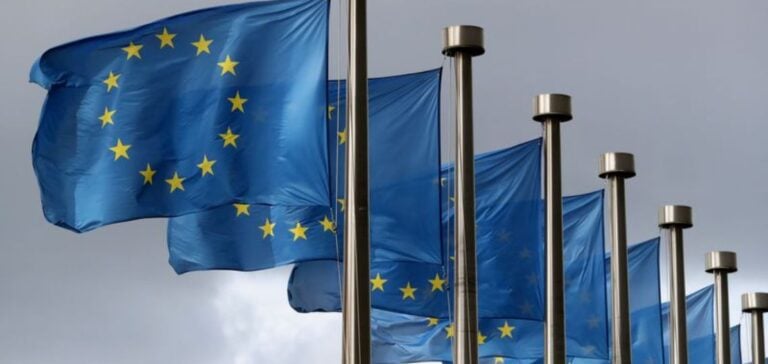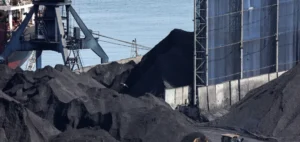The European Commission has approved a €1.75 bn ($2.03 bn) state aid package for Lausitz Energie Kraftwerke AG (LEAG), a key lignite supplier in eastern Germany. The subsidy is intended to compensate for the phased closure of its coal power facilities under Germany’s coal exit strategy by 2038.
Aid approved following EU investigation
This approval follows an investigation launched in 2021 by the European Commission to assess whether the aid complied with European Union (EU) state aid rules. The Commission confirmed that the measure did not distort internal market competition and adhered to EU regulations regarding state interventions.
According to EU authorities, the aid covers additional fixed costs arising from the early closure of coal plants, including social costs related to workforce restructuring and the loss of future earnings.
LEAG’s role in Germany’s energy mix
In 2024, LEAG was still supplying 7 gigawatts of lignite-based capacity, accounting for around 10% of Germany’s total electricity generation. The company operates several opencast mines in the Lusatia region, where the energy transition has raised economic and social concerns.
The transition plan includes a repurposing of existing mining sites, although these activities were not covered under the approved compensation framework. The German government had reached a preliminary agreement with LEAG on the amount in 2020, as part of its national coal phase-out legislation adopted that year.
Measure anticipated since 2024
The European Commission had signalled as early as June 2024 its intention to approve the payment, following technical consultations with German authorities. The formal endorsement marks a key milestone in Berlin’s plan to reduce the role of coal in the national energy supply.
The subsidy comes amid a broader transformation facing thermal energy producers across Europe, challenged by rising operational pressures and evolving market dynamics. The LEAG compensation is among the largest public aid approvals in the energy sector since 2020.






















